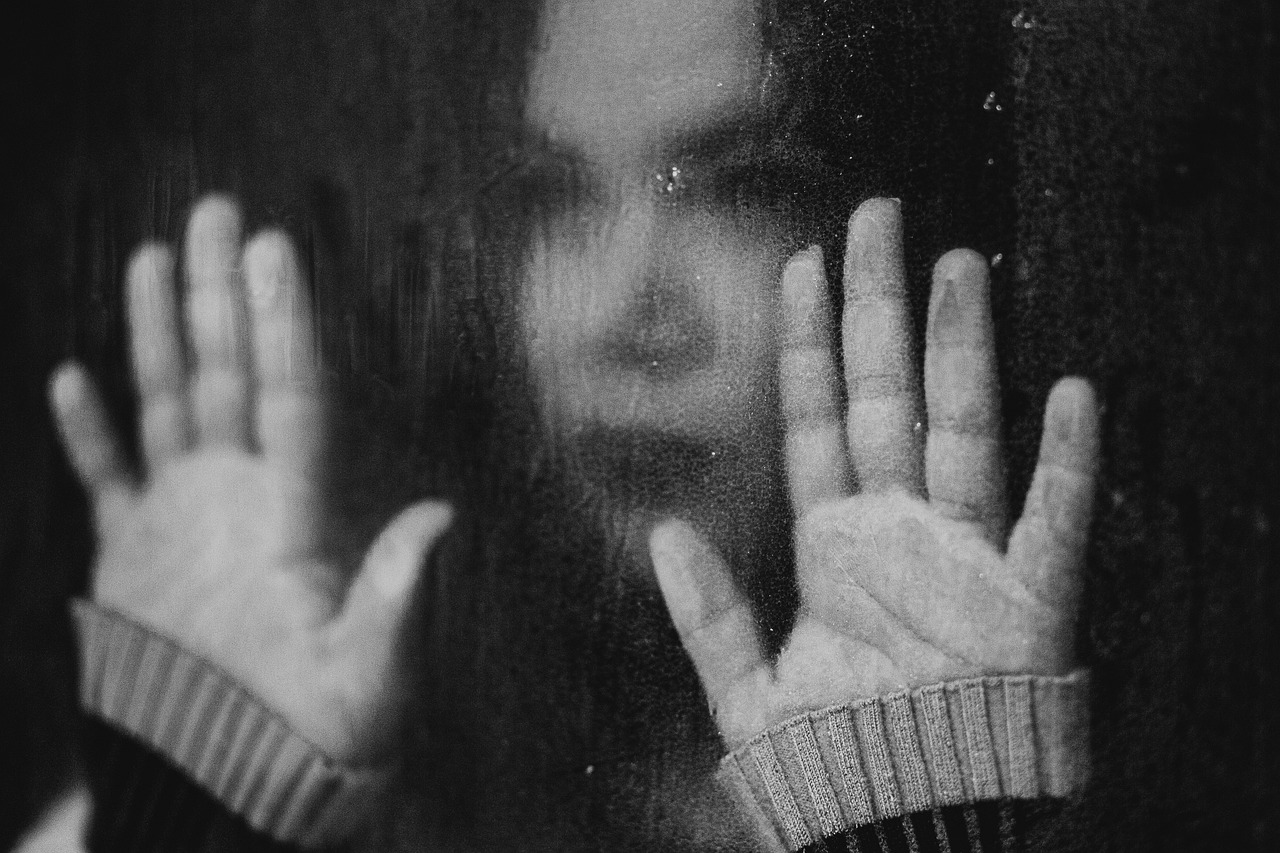An excerpt from Laurence Freeman OSB, Dearest Friends, Christian Meditation Newsletter, Vol. 30, No. 1, March 2006.
Addiction is merely the tragic consequence of mistaken identity. We thought this substance or activity or person would help us find what we were looking for. In fact it turned out to be a demon masquerading as an angel of light . . . . When Cortez, the 16th century Spanish invader, first arrived in Mexico he seemed to the Aztecs like the fulfillment of their religious prophecies. They embraced and welcomed him and found to the cost of their whole culture that they were mistaken.
We always clutch at our imagined redeemers, forgetting that no true redeemer allows himself to be clung to. Do not cling to me . . . I have not yet ascended to the Father. The true healer allows relationship, but does not allow the relationship to become an addiction. By the early Christians Jesus was seen as a physician of the soul of humanity rather than as the founder of a new religion. His deeper meaning and all those levels of identity opened by his question who do you say that I am, were to be found in the freedom he offered those who learned from his gentleness and humility. This was possible especially for those who accepted the light yoke of his friendship. To surrender that freedom for another dependency is to fail to recognize him. He was in the world; but the world, though it owed its being to him, did not recognize himis as much a warning to us today as a description of what happened during his temporal life. He could not be clearer: he offers himself as a way which, at its deepest level, can be understood as one with the goal itself. To believe in me is not to believe in me but in the one who sent me. To see me is to see the one who sent me (Jn 12:44).
The paradox in these words is easily dismissed. We prefer rational, definable certainties. But what if our familiar ways of perception are actually inverting reality? What if what we call freedom is in fact addiction? . . . .The desert teachers understood that to face the harsh truths of our illusion and dependencies is the fruit of the labor of many temptations. It is also a good part of the meaning of this joyful season. . . They called it wrestling with the demons but they knew that the demons are inside us. We merely evade the struggle by projecting them outside. The integrity of the person–our freedom to be ourselves and to love others–is perfected by the testing we embrace each time we sit to do the work of silence.
After Meditation, The Soul’s Friend, THE SOUL OF RUMI: A NEW COLLECTION OF ECSTATIC POEMS, trans. Coleman Barks (New York: HarperCollins, 2001), p. 190.
Listen to your essential self, the Friend: When you feel
longing, be patient, and
also prudent, moderate with eating and drinking. Be like
a mountain in the wind.
Do you notice how little it moves? There are sweet
illusions that arrive
to lure you away. Make some excuse to them, I have
indigestion, or need
to meet my cousin.You fish, the baited hook may be fifty
or even sixty gold pieces, but
is it really worth your freedom in the ocean? When traveling
stay close to your bag.
I am the bag that holds what you love. You can be
separated from me! Live
carefully in the joy of this friendship. Don’t think,
but those others love me
so.Some invitations sound like the fowler’s whistle
to the quail, friendly, but
not quite how you remember the call of your soul’s Friend.




